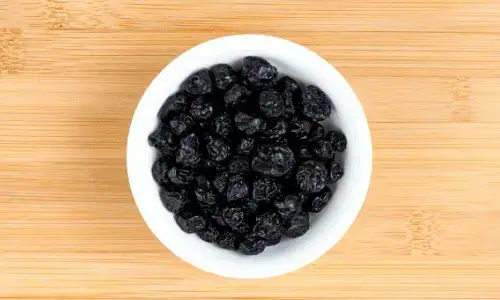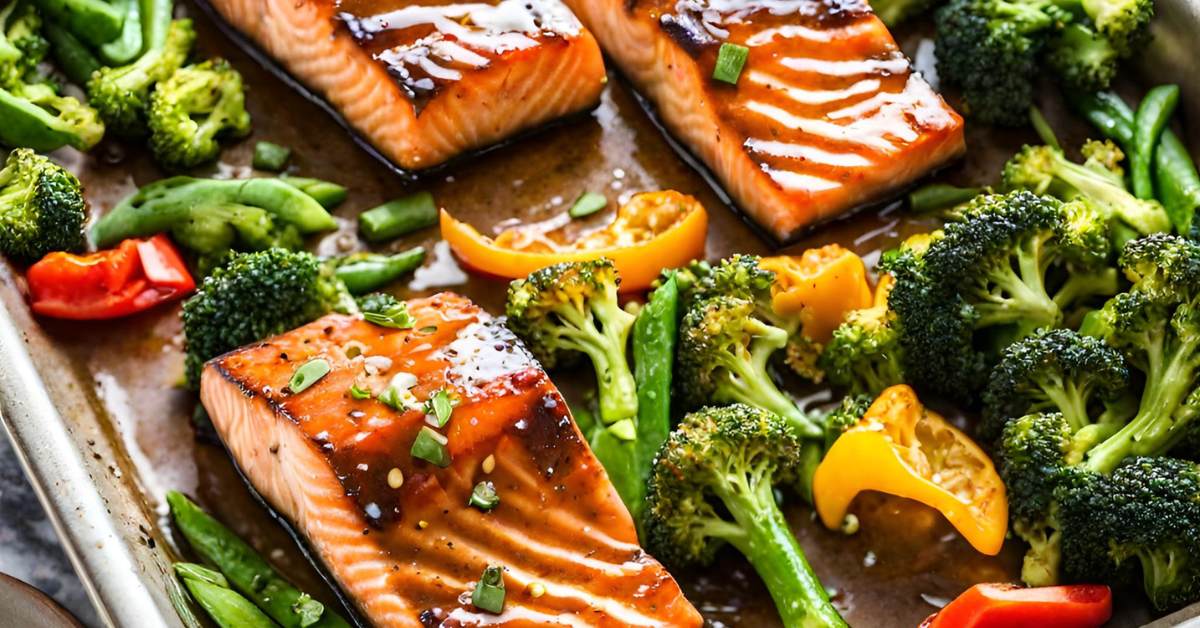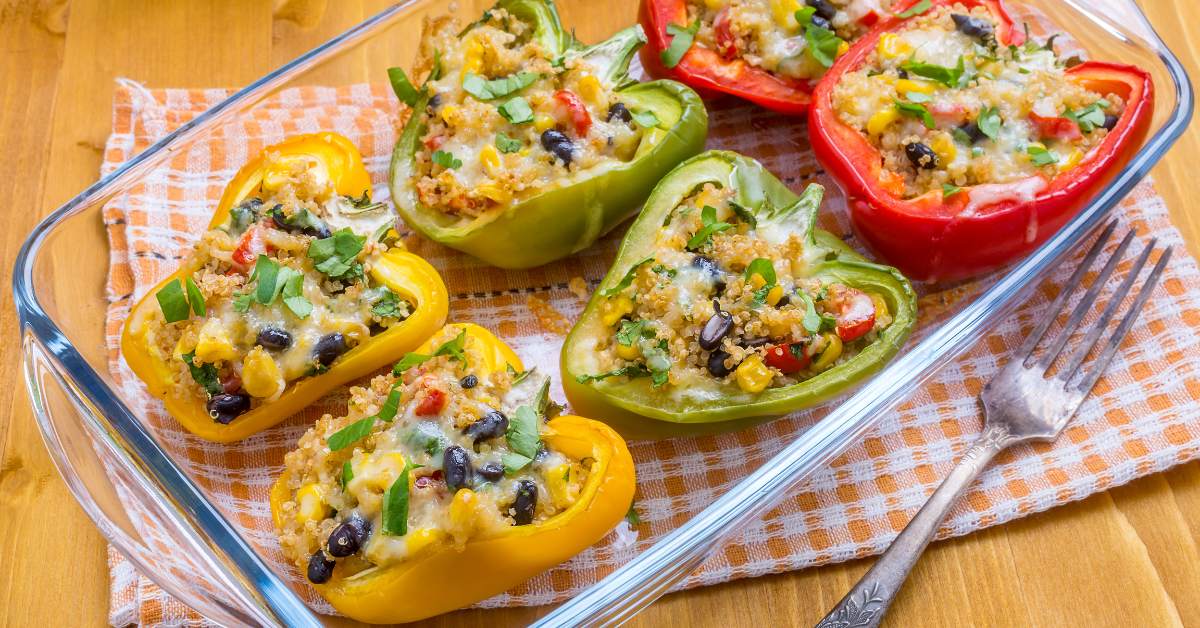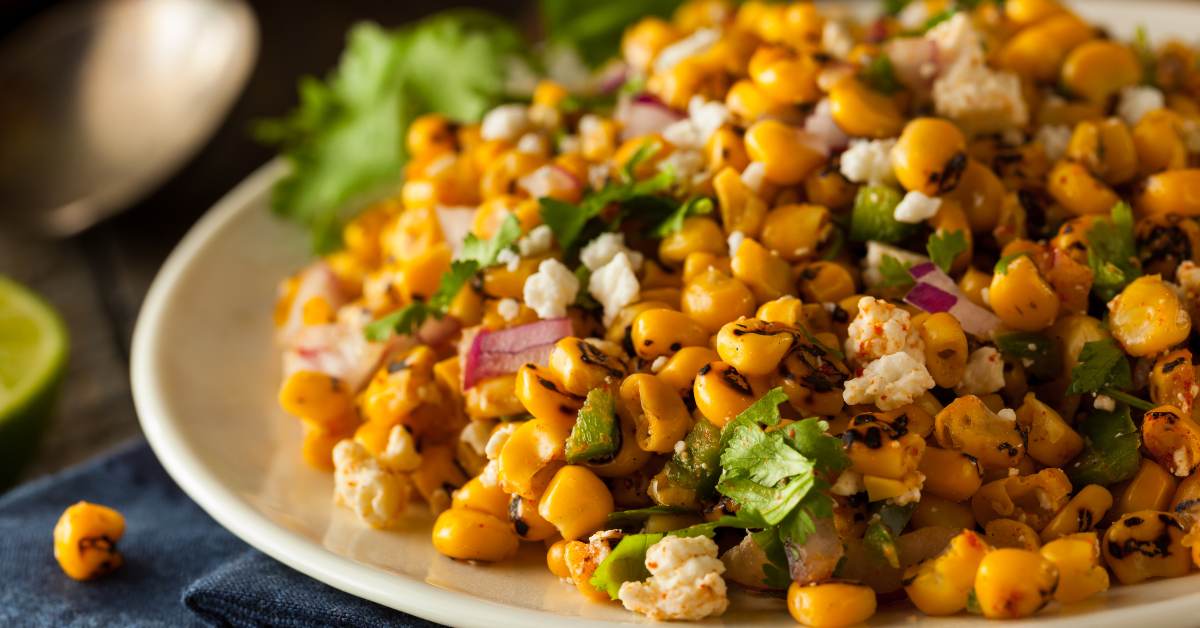Blueberries are a tasty and nutrient-filled berry that many people enjoy. I know I do!
However, they don’t last for very long before going bad. If you want to keep your blueberries around for longer, then drying blueberries in a dehydrator is simple and effective.
After washing blueberries, put them on pans and put in the dehydrator at 135 F until done.
There are many others ways to dry blueberries though. You actually don’t need a dehydrator!
I have 4 other easy ways to dehydrate berries I want to share today. Plus, give you some usage and storage tips.
Let’s get started…
How to Dry Blueberries in the Oven
The oven method is one of the simplest ones and also fairly fast. Rinse the blueberries and allow them to dry.
Spread them on a cookie sheet lined with parchment paper and then put in an oven set to 225 degrees.
You may want to use a thermometer to ensure that the oven is at the correct temperature to avoid burning them.
The berries should dry in three hours but check every hour on their progress.
Remove and allow them to cool before storing them in an airtight container.
How to Freeze Dry Blueberries
Freeze-drying is also an option for blueberries and you’ll get to keep their flavor intact.
Blueberries have a thicker skin so you may want to cut them in half to make the process smoother.
It may want to pre-freeze the berries in a regular freezer first.
This can save you on some time when you’re freeze drying multiple batches.
Lay the berries so that they form an even layer. You may want to use mats or paper on the trays to prevent the berries from sticking.
The blueberries will probably need a 12 hour freeze time and a 12 hour dry time, especially if they’re larger in size.
You can also dehydrate frozen blueberries straight from your freezer.
How to Dry Blueberries in the Microwave
Most people don’t know that this is an option but it’s probably the fastest method.
After washing and drying the berries, lay them on the microwave turntable. Make sure that it’s clean and the fruit is evenly spaced.
Set the microwave to defrost and microwave for about 30 minutes.
Flip or agitate the berries every few minutes.
Check on the berries. If they’re still too moist, microwave at 5-minute intervals for up to 15 minutes.
Allow the berries to cool completely before storing.
How to Dry Blueberries in an Air Fryer
Most people aren’t aware that you can dry blueberries in an air fryer, but you can!
The racks on the fryer work much in the same way as a dehydrator.
Place the fruit on the air fryer racks- you may need to cover them if the blueberries fall through.
Most air fryers have a dehydrator setting.
Set it to 130 degrees and it should take about four hours to be done.
How to Use Dehydrated Blueberries
Now that you have your dried berries, how do you use them?
They make a great snack but you can use them in some innovative ways as well.
For Tea: Mix the blueberries with hibiscus, blackcurrant leaves and other berries. All of the ingredients should be dried.
When ready to use, add a tablespoon to a cup and pour boiling water over it. The berries and ratios are per your preference.
For Baking: You can easily add blueberries to breads, muffins, scones, and more. You can use the dried berries as-is or rehydrate them before using.
For Trail Mix: Blueberries are a great substitution if you don’t care for raisins in trail mix.
For Powder: Grind them up for a homemade blueberry powder (here’s how).
Create your own mix by adding blueberries, nuts, cheerios, and pretzel sticks for a sweet and salty combination.
NEED MORE INSPIRATION? Check out my 5 favorite dried blueberry recipes >>
Substituting Dried Blueberries for Fresh
If you don’t have any fresh blueberries on hand, you can substitute dried berries and simply adjust your recipe.
A pound of fresh berries in a recipe can be substituted with 3/4-1 cup of dried berries.
If you rehydrate your dried berries, 1 cup of dried blueberries will equal 1 1/3 – 1 1/2 cup.
Use these ratios to make sure you get the right amounts.
How Long will Dehydrated Blueberries Last?
In my experience, dried blueberries never stick around long enough to go bad!
However, if you want to make sure yours don’t go bad, make sure that they’re stored in an airtight container for the best results.
They store well in a cool, dry area. If in a humid environment, you may want to store them in a fridge.
Dried berries will last about 6-12 months regardless of storage in a cabinet or the fridge.
Make sure that you inspect the berries and discard any that have a bad smell or have any mold growth.
Rehydrating Dried Blueberries
If you want to rehydrate your berries, the process is fairly simple.
Start by measuring out the amount of berries that you want to rehydrate. Most people use water to rehydrate the berries, but you could use a fruit juice.
Blueberries take on whatever flavors they encounter with the liquid, so choose wisely.
Place the measured blueberries in a heat-safe container and boil the liquid you choose to use.
Plain water is fine to use as well.
Pour the boiling water over the berries and allow them to soak for 10-15 minutes. You’ll notice that the dried fruit starts to absorb the liquid and plumps up to a larger size.
Strain the berries and then use in a recipe or enjoy the berries on their own.
Frequently Asked Questions
Can you dry frozen blueberries?
Yes, once frozen, blueberries can be thawed and dried or freeze-dried if desired.
Are dried blueberries as good for you as fresh?
Yes, drying the berries doesn’t remove their nutrients although you may notice some slight differences in taste or texture.
In fact, there are many benefits to eating dried blueberries.
What do I do if my berries have mold?
This may be a sign that they weren’t dried completely before storing. Discard any moldy berries and sort through them before re-storing.










Thank you for sharing your hard earned knowledge. My Grandma’s canning was VERY helpful when my parents hit a rough patch and they struggled to feed 7 children. I love it when people use there painful times to grow and then help others. Your a beautiful person.
Thank you for your kind words, Cynthia!
I’m afraid we’re due for even more painful times in the near future. In times like these, I’m all the more thankful I know the One who holds the future! <3
I have never heard of blueberry powder. I am pulling the remaining last year’s blueberries out of tge freezer and they’re in the dehydrator now. What suggestions do you have for using blueberry powder?
To flavor oatmeal, yogurt, and smoothies! 🙂
Is it normal for the blueberries to pop in the microwave?
Yes, that is normal, though I don’t recommend using the microwave as it significantly depletes the fruit’s nutrition. I included it for those who have no other option. You also won’t be able to enjoy the longer shelf-life as berries dried in a dehydrator or oven. To prevent bursting, you can try puncturing the blueberries with a fork.